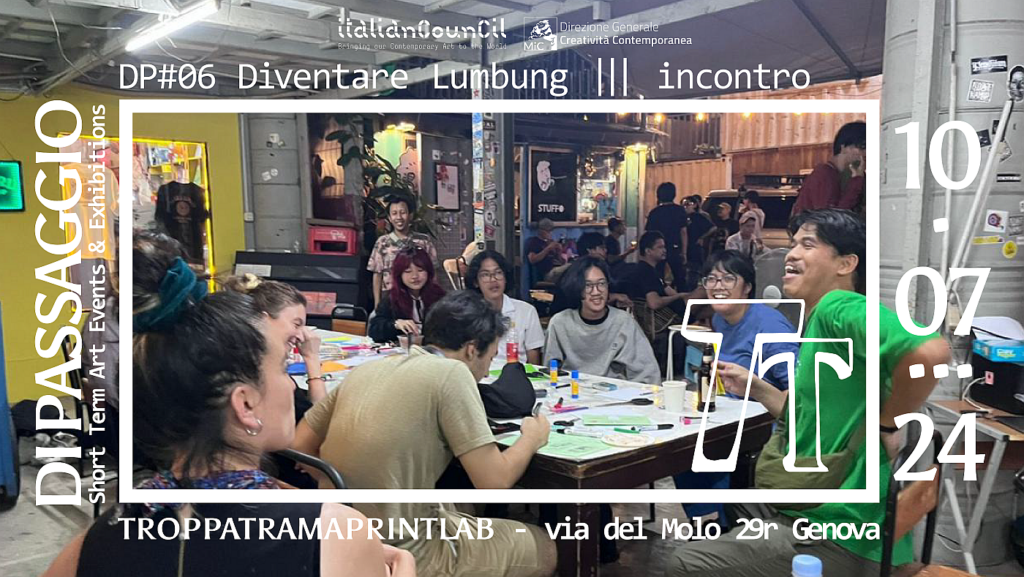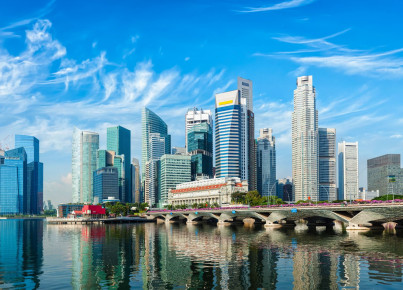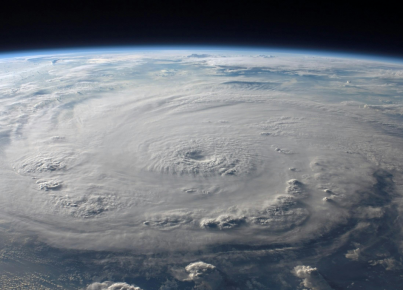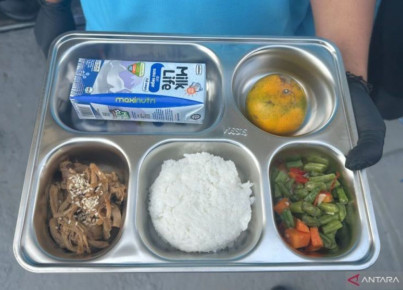Cultural and artistic exchange between the two countries has great potential. Becoming Lumbung is a first step to seize great opportunities
By Paola Pietronave
Between Italy and Indonesia, cultural and artistic exchange is a terrain with many avenues to explore. At the level of literature, contemporary arts, music, dance and culture in the broadest sense, there really seem to be many opportunities to expand and broaden mutual knowledge between the two countries.
For this reason, “Becoming Lumbung” was launched in 2023, which, thanks to the support of the Italian Council, sought to restore and disseminate in the Italian context some of the values and practices of ruangrupa and Gudskul Ekosistem, among the most relevant artistic collectives in the contemporary moment.
ruangrupa was born in 2000 by a group of artists with the need to constitute a space (physical and mental) in which to cultivate a critical sensibility, and elaborate tools of analysis on urban contexts and culture in a broader sense, using different formats and languages. After several experiences geared toward building a collaborative network marked by mutual-help, knowledge sharing and critical thinking, Gudskul Ekosistem, founded with Serrum and Grafis Huru Hara, a “study space on the simulation of collective practices,” took shape in 2018, promoting the importance of critical and experimental dialogue through learning processes based on sharing and direct experience.
In 2022 ruangrupa curated the 15th edition of documenta called, precisely documenta fifteen. Charles Esche called it “the first exhibition of the 21st century,” underscoring its importance in the history of exhibition making, thanks to the choice of “collective” curating and the activation of horizontal, rhizomatic and non-competitive collaborative processes. The foundational metaphor of the exhibition was “Lumbung,” or the traditional practice in Indonesia of sharing the surplus of rice among the families who manage the cultivated fields. This surplus is collected in a warehouse, and then distributed as needed through a collective decision-making process. This is a mutual-help approach to resource management that still survives today. “Lumbung” marked a paradigm shift capable of interrogating the dynamics and conditions of the contemporary art and culture system, proposing methodologies and practices marked by sustainability and sharing.
However, an exhibition of such magnitude has had little restitution in the Italian context, and “Becoming Lumbung” was the first attempt to disseminate its contents in an attempt to put them into practice.
The project included an initial residency period in the spaces of Gudskul Ekosistem, which was followed by a phase of restitution and dissemination in the Italian context, using different formats (talks and workshops) and involving different institutions (ar/ge Kunst in Bolzano, MAMbo in Bologna, Fondazione Lac o Le Mon in San Cesario di Lecce and the Accademia Ligustica di Belle Arti in Genoa) and independent spaces (Alchemilla in Bologna, Osservatorio Futura in Turin and Disordedrama in Genoa).
Through the choice to create moments of encounter and reflection, it was possible to build a first network of initiatives that welcomed with enthusiasm and interest the possibility of activating “Lumbung Italia,” a laboratory to explore sustainable ways to “live well together” within and beyond the art system.
______________
- Documenta is the contemporary art exhibition, founded in 1955 by Arnold Bode, which is held every five years in Kassel for the duration of one hundred days, representing one of the reference points for research in the field of contemporary art in Europe.
- Charles Esche is a museum director (for twenty years at the Van Abbenmuseum in Eindhoven), curator, writer and editorial director of Afterall Journal and Books, based at Central Saint Martins College of Art and Design (London).






